Context: Ultrabook sales to overtake notebooks by 2013
Market watcher claims Ultrabooks will become the device of choice for corporate users over the next "three-to-four" years.

The popularity of Ultrabooks is on the rise, with analyst house Context predicting that sales of the devices could overtake notebook PCs for the first time by the middle of next year.
According to Context's latest PC figures, which tracked the number of Ultrabook units sold through distribution and corporate reseller channels in August, sales of the 13.3in devices were 490 per cent higher last month than in January.
Two-thirds of the Ultrabooks sold in August were reportedly bought by enterprise customers.
The market watcher said Ultrabook sales had benefited from a sharp fall in the average selling price of the devices of around 21 per cent.
Ultrabooks will become the sole notebook used in corporate environments.
Speaking to IT Pro, Senthuran Premakumar, enterprise analyst at Context, said, if current sales trends continue, the popularity of Ultrabooks should overtake notebooks by mid-2013.
"Based on our figures and vendor feedback, over the next three to four years, Ultrabooks will become the sole notebook used in corporate environments, such is the demand," he said.
Get the ITPro daily newsletter
Sign up today and you will receive a free copy of our Future Focus 2025 report - the leading guidance on AI, cybersecurity and other IT challenges as per 700+ senior executives
Premakumar shied away from providing IT Pro with a breakdown of which Ultrabook vendors are faring best in the industry, but hinted that Samsung and HP, in particular, had benefited from cutting prices.
Aside from price, the lightness and portability of the devices were also a factor in the Ultrabook's success in the enterprise market.
"People can use it while they're commuting and it does everything you would want a notebook to do, but it is just a lot more convenient for business users," he said.
"When [Ultrabooks] first came out, they were priced too high, and maybe vendors did not see the demand they expected to, but the demand has increased now."
-
 Should AI PCs be part of your next hardware refresh?
Should AI PCs be part of your next hardware refresh?AI PCs are fast becoming a business staple and a surefire way to future-proof your business
By Bobby Hellard
-
 Westcon-Comstor and Vectra AI launch brace of new channel initiatives
Westcon-Comstor and Vectra AI launch brace of new channel initiativesNews Westcon-Comstor and Vectra AI have announced the launch of two new channel growth initiatives focused on the managed security service provider (MSSP) space and AWS Marketplace.
By Daniel Todd
-
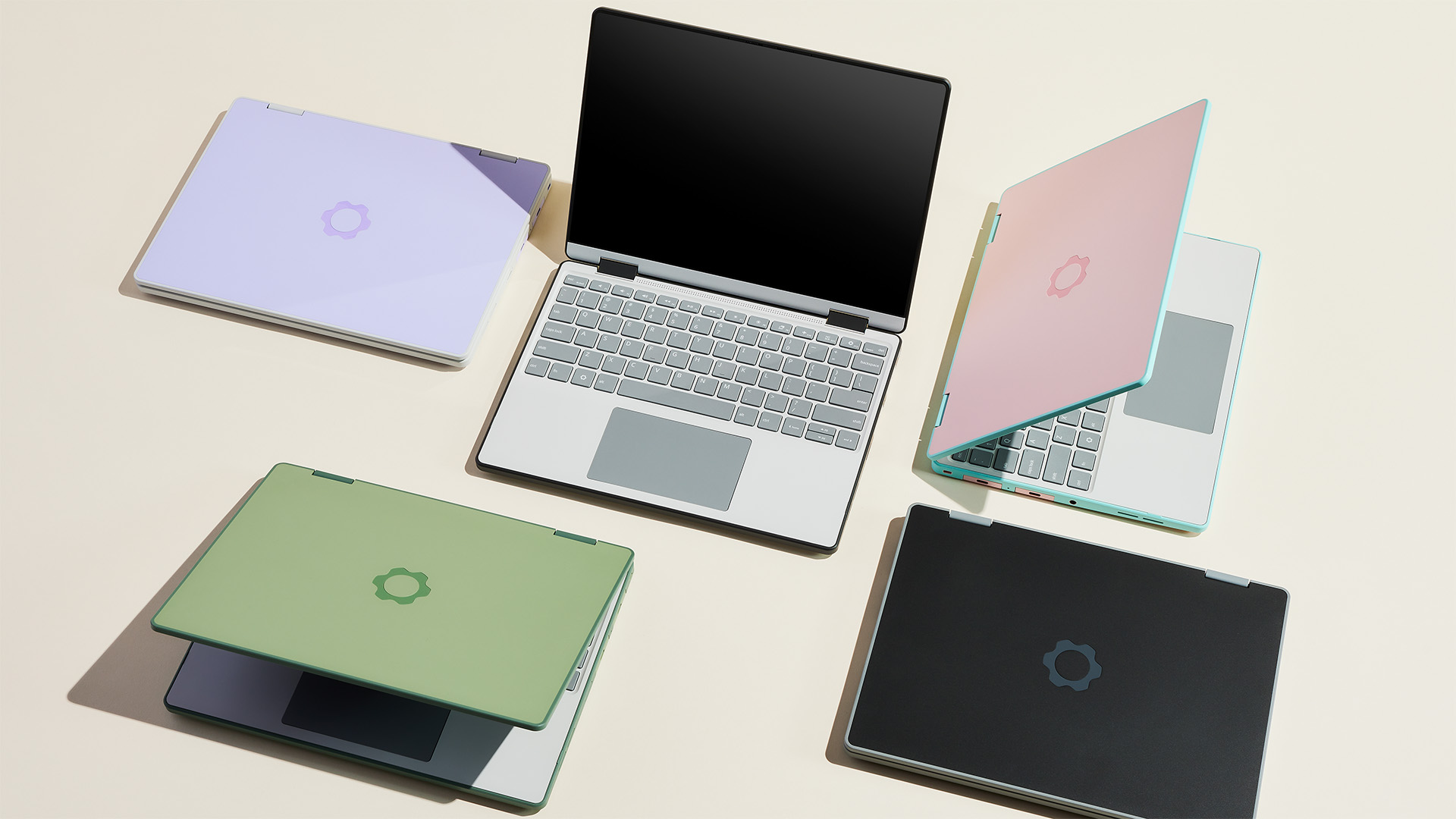 ‘We would have to sell the lowest-end SKUs at a loss’: Framework says it’s ‘temporarily pausing’ some US laptop sales amid tariff disruption
‘We would have to sell the lowest-end SKUs at a loss’: Framework says it’s ‘temporarily pausing’ some US laptop sales amid tariff disruptionNews Modular laptop designer Framework says it is “temporarily pausing US sales” in response to the disruption caused by US tariffs on Taiwanese imports.
By Ross Kelly
-
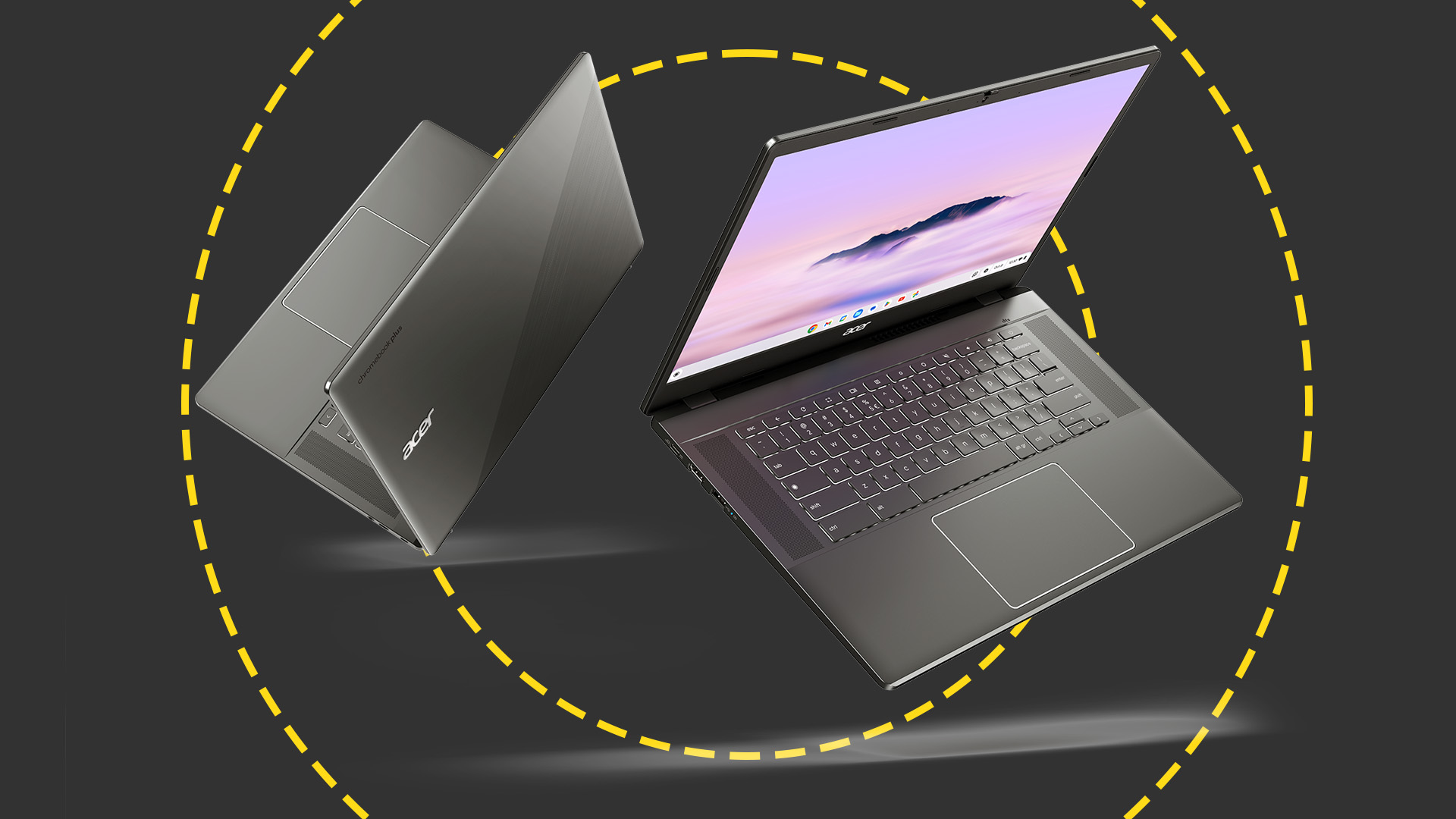 Acer Chromebook Plus 515 review: A brilliant big-screen workhorse for tight budgets
Acer Chromebook Plus 515 review: A brilliant big-screen workhorse for tight budgetsReviews Compromises have been made to stay in budget, but the Plus 515 makes sense as a hard-working, cost-conscious Chromebook
By Stuart Andrews
-
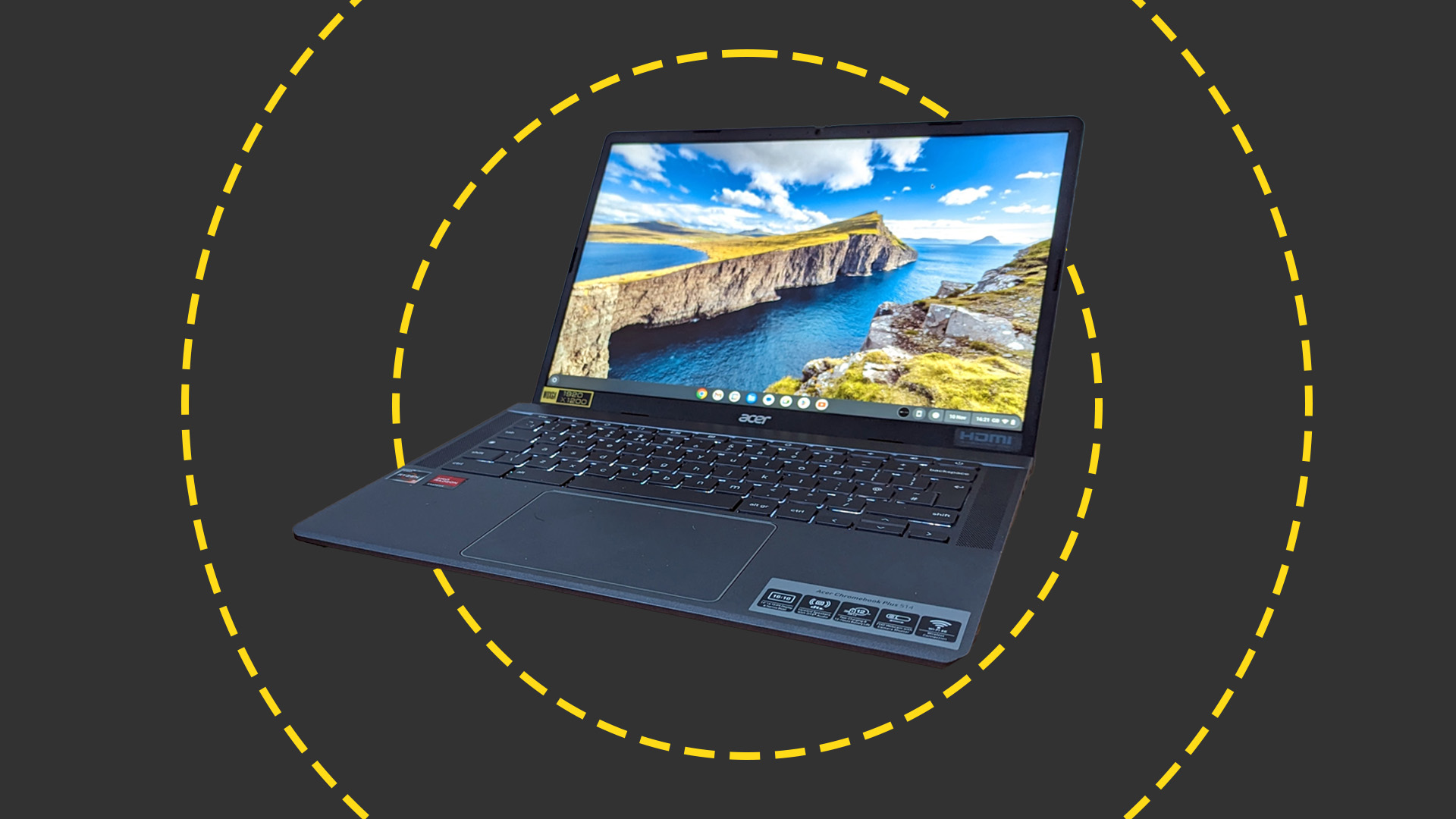 Acer Chromebook Plus 514 review: A better class of budget Chromebook for business use
Acer Chromebook Plus 514 review: A better class of budget Chromebook for business useReviews The Chromebook Plus 514 is a solid, speedy Chromebook on a limited budget
By Stuart Andrews
-
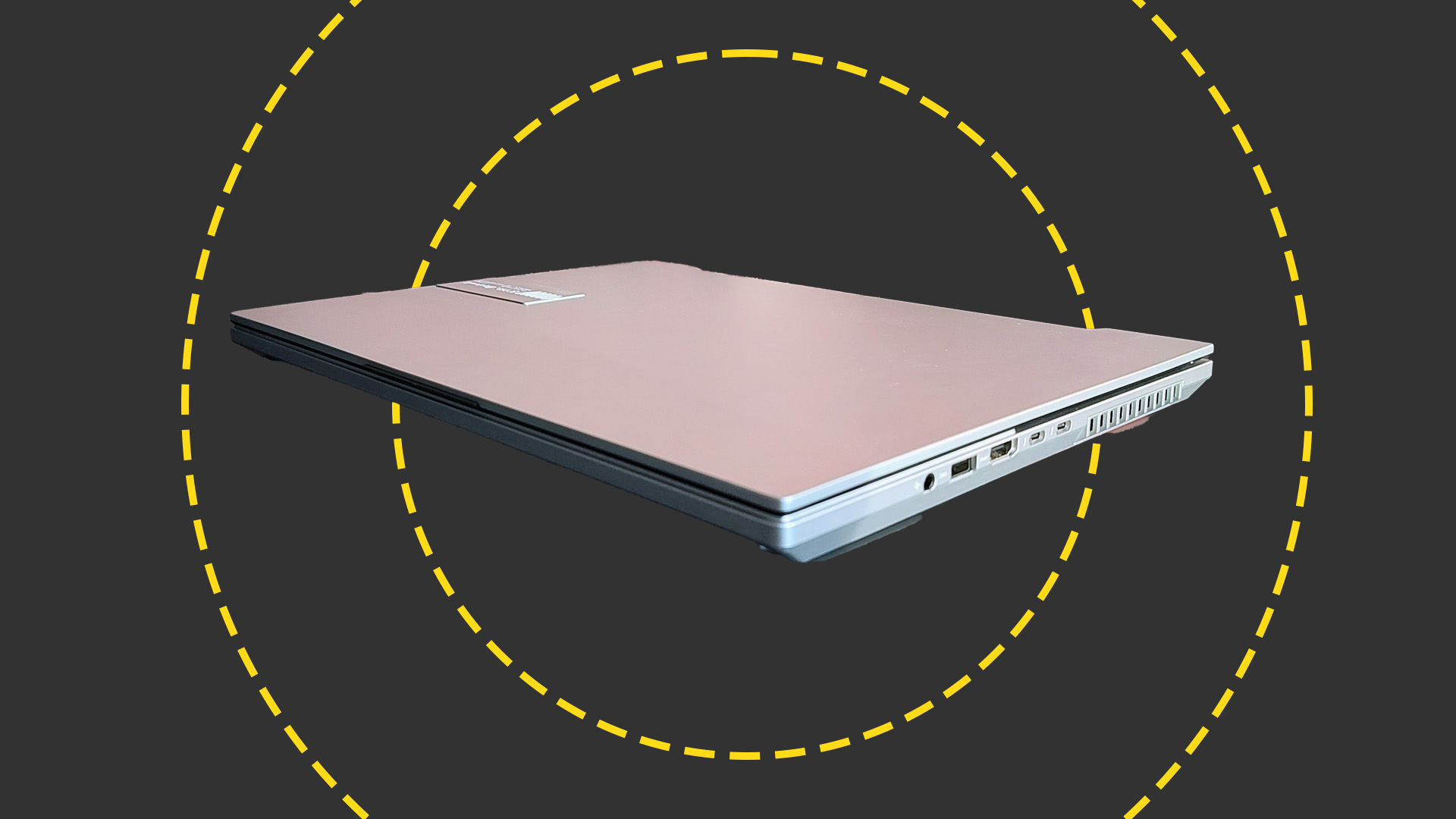 ASUS Vivobook Pro 16X OLED (K6604) 2023 review: An extraordinary omnicompetent laptop
ASUS Vivobook Pro 16X OLED (K6604) 2023 review: An extraordinary omnicompetent laptopReviews If there's a task the new Vivobook Pro 16X can't do well, and quickly, we can't find it – it's a jack-of-all-trades par excellence
By Alun Taylor
-
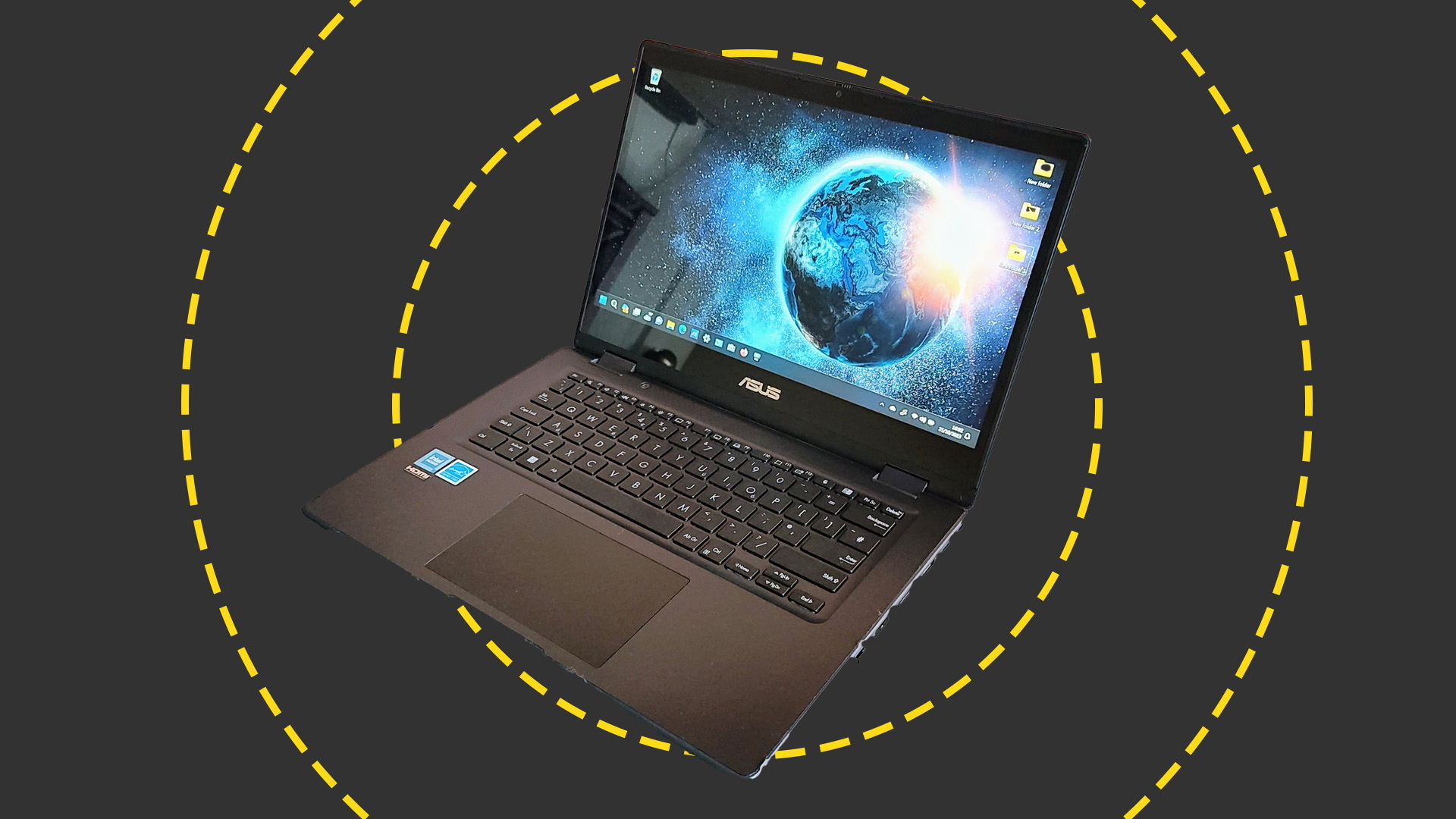 Asus BR1402 review: Rugged modularity for the classroom and workplace
Asus BR1402 review: Rugged modularity for the classroom and workplaceReviews The BR1402 is no powerhouse, but it's versatile, rugged, and crammed with useful features
By Alun Taylor
-
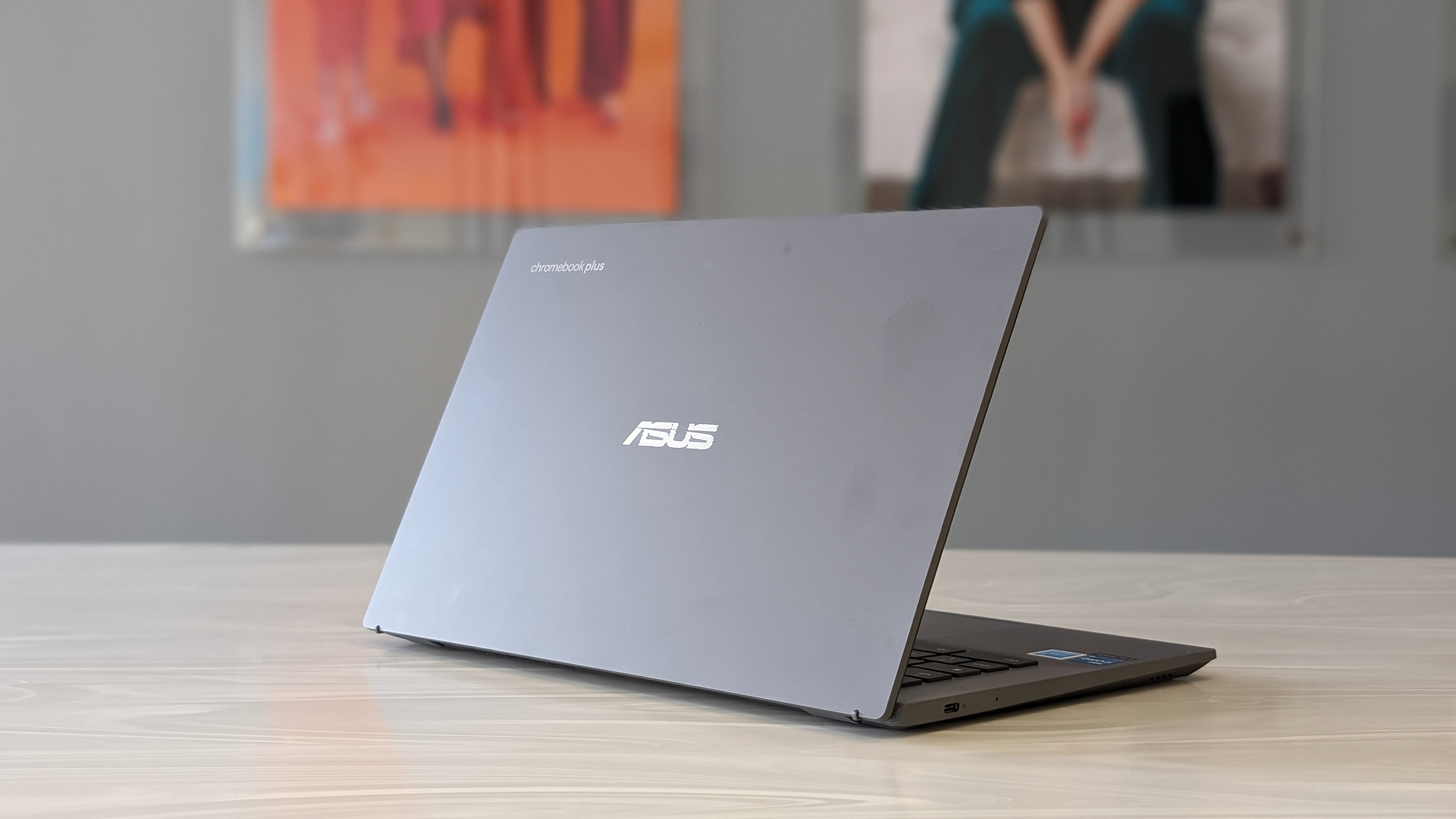 Asus Chromebook Plus CX34 review: i3-powered goodness for students and small businesses
Asus Chromebook Plus CX34 review: i3-powered goodness for students and small businessesReviews The first of a new breed of Chromebook, the CX34 is an affordable workhorse
By Bobby Hellard
-
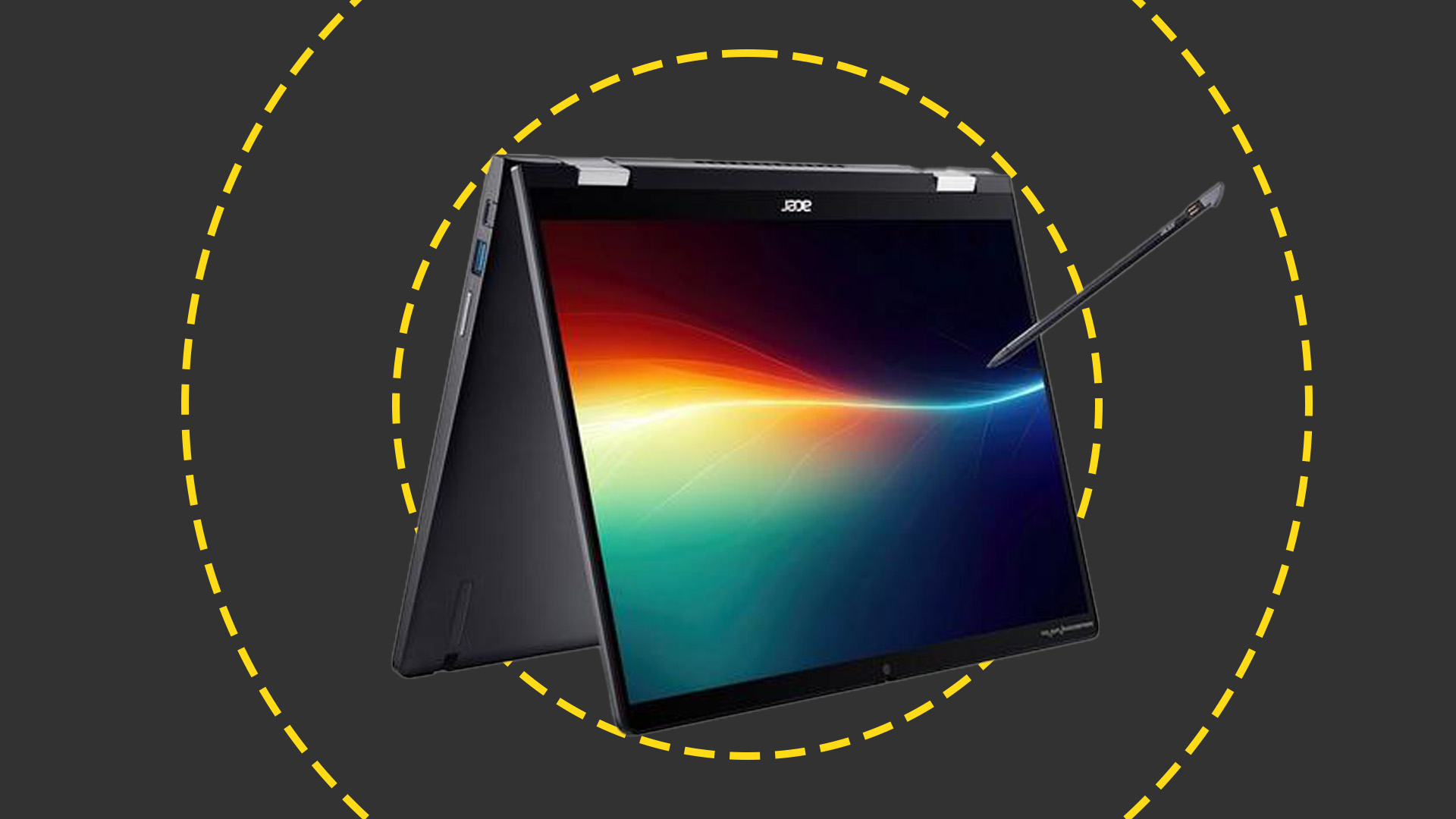 Acer Chromebook Spin 714 review: The best business Chromebook gets a refresh
Acer Chromebook Spin 714 review: The best business Chromebook gets a refreshReviews With a great design, excellent performance and impressive battery life, this is the new business Chromebook to beat
By Stuart Andrews
-
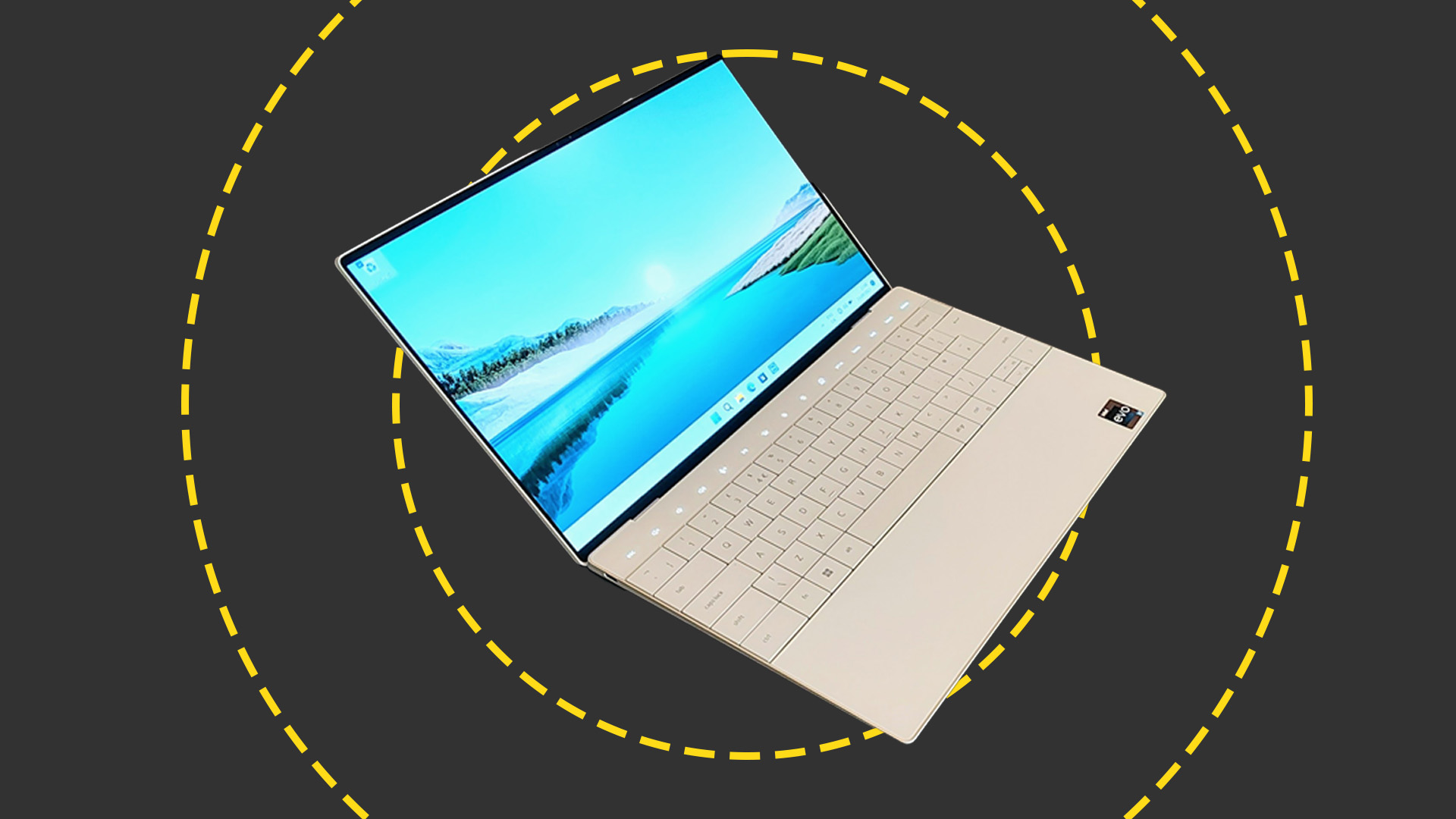 Dell XPS 13 Plus (2023) review: A design classic
Dell XPS 13 Plus (2023) review: A design classicReviews Dell's latest premium compact combines an outstanding OLED display with a unique keyboard design
By Alun Taylor